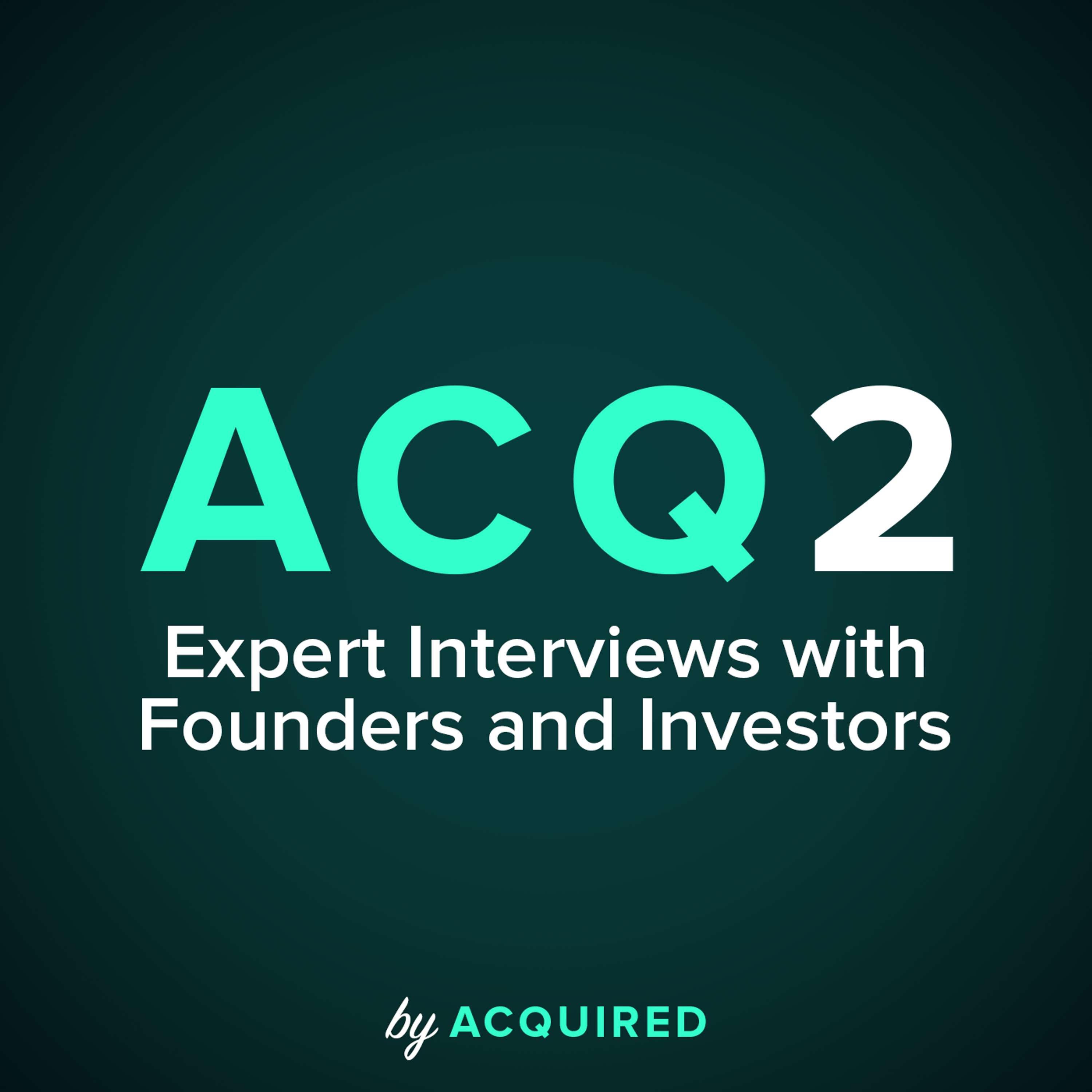
VC Fundamentals Part 4: Portfolio Construction & Management (with Jaclyn Hester & Lindel Eakman of Foundry Group)
2020/11/30

ACQ2 by Acquired
Chapters
Discussing the criteria for 'good' venture fund performance, including net returns, IRR, and the distribution of returns across funds.
Shownotes Transcript
We continue our VC Fundamentals series with Portfolio Construction & Management — how do you build and manage a fund's portfolio as a whole, beyond each individual portfolio company and investment decision? We brought in two of the very best people in the world to help us dissect this topic: Jaclyn Hester & Lindel Eakman of Foundry Group. Jaclyn and Lindel have been early and longtime LPs in some of the best venture funds in the world: USV, True, Spark — and of course Foundry — and now also sit on the GP side of the table at Foundry. Tune in for a master class on how the best VC managers think about generating and optimizing fund performance.
Sponsors:
Topics Covered:
- The bar for what "good" venture fund performance looks like in terms of returns:
- Where venture sits on the spectrum of capital allocation options available to limited partners
- The difference between "gross" and "net" fund returns and why IRR is still important
- The distribution of returns across venture firms & funds — how many hit the performance bar — and the importance of diversification vintage years
- Portfolio construction: how do you allocate the fund's capital across companies?
- Why have a "portfolio" at all vs. loading up on a few high conviction investments — and what an LP's incentives are for diversification vs. a GP's
- How to determine overall $ size you should target for a fund
- Concentration vs diversification and the concepts of "shots on goal" and "groups" of high-potential companies within a portfolio
- Fund reserves planning — are you "making your money at the buy", or able to buy up over time in your winners?
- Balancing playing offense and defense:
- The upside potential of "interstitial rounds"
- Whether it's possible to save a company with more capital, and if pivots are a good idea
- Time allocation vs capital allocation within a fund:
- Understanding and managing your own cognitive biases
- Why time & effort allocation across a portfolio rarely matches capital allocation (and shouldn't)
- Why a firm's partnership dynamics are typically the most important driver of funds' outcomes
Links:
- Foundry Group: https://www.foundrygroup.com)
- Seth Levine's post on skewed VC returns: https://www.sethlevine.com/archives/2020/10/vc-fund-returns-are-more-skewed-than-you-think.html)
- Fred Wilson's posts on losing money and portfolio outcome distributions: https://avc.com/2016/04/losing-money/)and https://avc.com/2012/07/the-power-of-diversification/)
